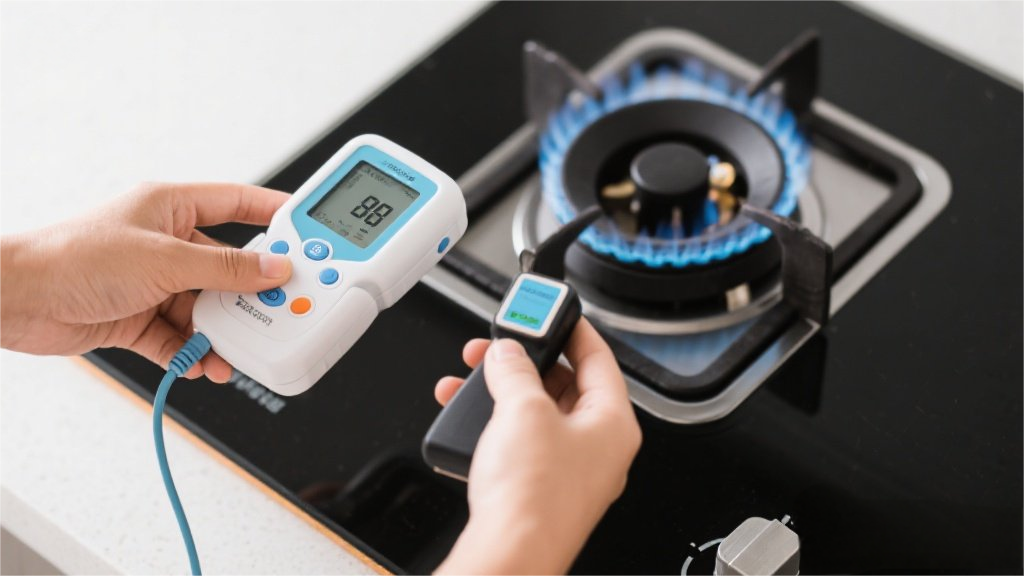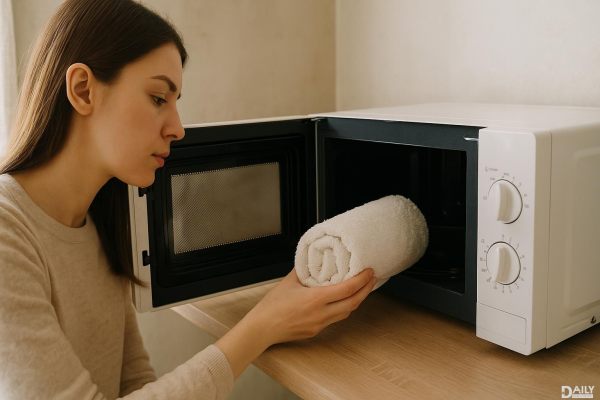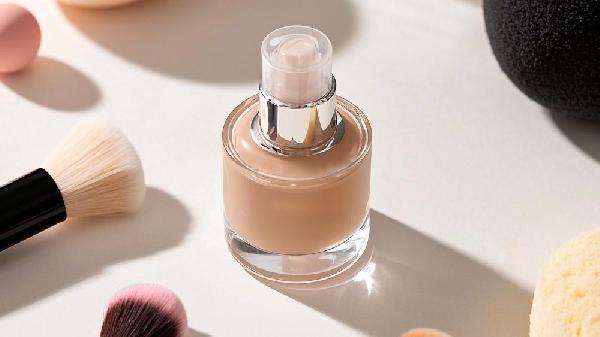If you're scrolling through health blogs or supplement aisles, you've probably seen the hype—products promising to "supercharge" your immune system overnight. But here's the real deal: popping probiotics, chugging vitamin C, or loading up on antioxidants won’t magically turn you into an invincible germ-fighting machine. Sure, nutrient-packed foods like walnuts, salmon, and kale support overall wellness, but expecting an instant immunity upgrade? That’s wishful thinking. The fastest, most science-backed way to give your immune system a fighting chance? Prioritize sleep—at least seven solid hours a night. Skimping on shut-eye doesn’t just leave you groggy; it leaves you vulnerable.
The Sleep-Immunity Connection: Why Rest Isn’t Optional
Dr. Atul Malhotra, a leading pulmonologist and sleep researcher, spells it out plainly: skimping on sleep—say, clocking just five hours—can hike your risk of infections like pneumonia. Even scarier? If you’re a chronic short sleeper getting a flu shot, your body might lag in producing protective antibodies, leaving you exposed longer than well-rested folks. Translation: sleep deprivation doesn’t just wreck your focus; it weakens your body’s defense squad. A 2017 study in the American Journal of Clinical and Experimental Immunology hammered this home, showing how poor sleep disrupts immune function and inflammation control. Think of sleep like your immune system’s nightly tune-up—skip the maintenance, and things start breaking down.
Beyond Sleep: The Real (and Slow) Path to Immune Resilience
While sleep is the MVP, other lifestyle factors play the long game. Stress management matters—chronic stress floods your system with cortisol, a hormone that suppresses immune activity over time. Movement helps too: moderate exercise (think brisk walks or yoga) boosts circulation of infection-fighting cells, but overtraining can backfire by spiking stress hormones. Nutrition’s role? Consistent, balanced meals with protein, fiber, and micronutrients (zinc, vitamin D) keep immune cells well-fed, but no single "superfood" is a shortcut. Hydration’s often overlooked too; dehydration thickens mucus, making it harder to trap invaders. Bottom line? Immune health isn’t about quick fixes—it’s about daily habits stacking up.
Debunking Immunity Myths: What Actually Works (and What’s Hype)
not a switch you can flip with a pill. Focus on foundational care: sleep, stress control, movement, and whole foods. Your body’s defenses thrive on routine, not miracles.
At the end of the day, immunity isn’t about magic bullets—it’s about respecting your body’s needs. Sleep isn’t glamorous, but it’s your best ally. Pair it with stress management, smart nutrition, and movement, and you’re building resilience from the ground up. Forget the quick fixes; real health is a marathon, not a sprint.
























